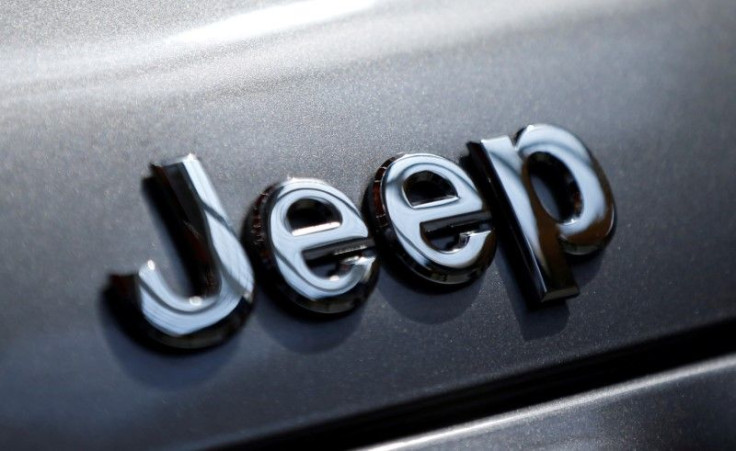Fiat Chrysler News: Georgia Appeals Court Upholds $40M In Damages In Jeep Crash, Fire That Killed 4 year old

A state appellate court in Georgia Tuesday upheld a $40 million damage award against Fiat Chrysler Automobiles NV that resulted from the death of a 4-year-old boy.
The Court of Appeals denied Fiat Chrysler’s argument that the trial judge erred in allowing the plaintiffs to introduce evidence of 17 other rear-end crashes. The trial jury originally delivered a verdict of $150 million in damages but Decatur County Superior Court Judge Kevin Chason reduced the award to $40 million.
Fiat Chrysler argued in the appeal the jury was motivated by passion and prejudice, with a desire to punish the company.
Fiat Chrysler said it is considering whether to appeal Tuesday’s decision.
The decision stemmed from the March 2012 death of Remington Walden, 4. The boy was in the back seat of his aunt’s 1999 Jeep Grand Cherokee that was rear ended in Bainbridge, Georgia, by a pickup truck and caught fire.
The Jeep had a rear fuel tank that was part of a “customer satisfaction campaign” but was never recalled. Some 1.56 million other Jeep SUVs with the rear fuel tank were recalled.
The Wall Street Journal reported jurors blamed Jeep for the death based on the pathologist’s testimony. The boy survived the collision but died because of the fire, the pathologist testified. Fiat Chrysler had argued the death was the truck driver’s fault because he had been driving at a high rate of speed. Brian Harrell was convicted of vehicular homicide. The jury found he was 1 percent responsible for the child’s death, the (Bainbridge, Georgia) Post-Searchlight reported.
The jurors told the Journal the Jeep should have been among those recalled.
Fiat Chrysler called the jury award excessive.
Fiat Chrysler was fined a record $105 million in 2015 by safety regulators for lapses involving the recalls, which covered millions of vehicles produced from 1993 to 2007. The National Highway Traffic Safety Administration said Fiat Chrysler didn’t move quickly enough to install trailer hitches to provide more of a cushion in the rear, but the automaker argued owners often were unwilling to come in for repairs.
© Copyright IBTimes 2025. All rights reserved.






















